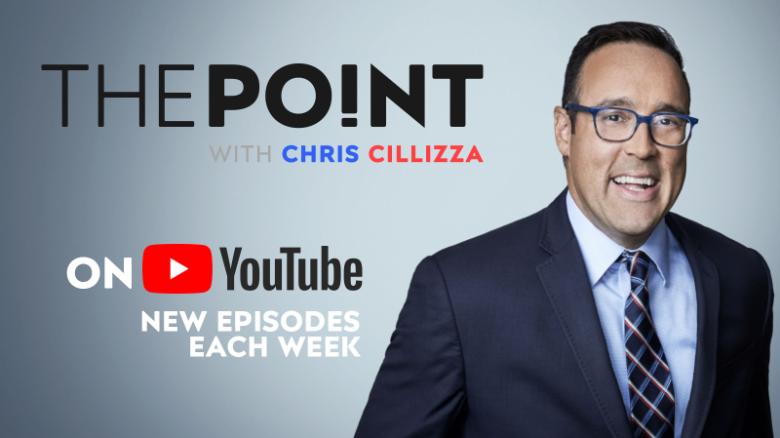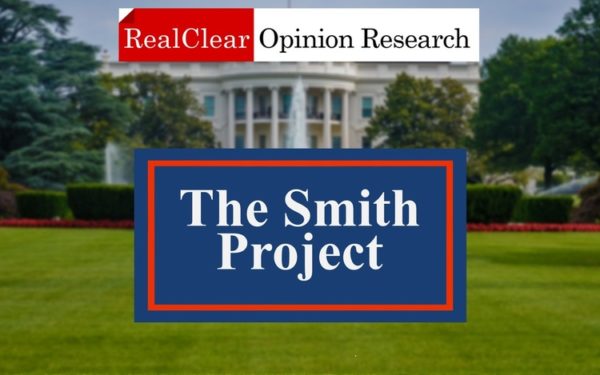That’s a stunning number — especially when you consider that Republicans control a total of 78 seats in the state House (58) and state Senate (20). A little math reveals that almost 13% of all Republicans in the West Virginia state legislature appear to have lost their seats a week ago. (Absentee and provisional ballots are still being counted, but are not expected to overturn any of the results.) In the state Senate, three Republican incumbents were defeated as compared to seven who won their primaries. (Only half of the state’s 34 state Senate seats are on the ballot in 2020.)
Any time you see that sort of wipeout less than six months before a major national election within the President’s own party it’s worth trying to answer the question of why.
“Once you put a title on someone, whether it’s Senate president or House speaker pro tem, you kind of have a target on your back,” explained state Del. Daryl Cowles, the current speaker pro tempore who was on the losing end of a primary fight, to the Charleston Gazette-Mail.
Which, fair enough. But it’s also worth noting that none of the 13 Democrats in the state House and state Senate who were seeking re-nomination lost. So what happened last Tuesday doesn’t appear to be solely about throwing the bums (of both parties) out.
Read More
What else could have been going on?
West Virginia has been roiled over the past several years by a battle between the Republican-controlled state legislature and the state’s public school teachers. In both 2018 and 2019, there were massive teachers’ strikes in the state. The first was to demand pay increases (it worked) while last year’s strike was to protest legislation that would create charter schools in the state (among other things.) Republican Gov. Jim Justice signed the education reform bill into law in June 2019 — over the protests of the teachers’ unions in the state.
Two of the three GOP state senators who lost primaries a week ago — including state Senate President Mitch Carmichael — were beaten by teachers. “There may be a little bit of payback there,” John Kilwein, head of the political science department at West Virginia University, told the Parkersburg News and Sentinel. “Maybe in a couple ways the Republican Party got a message back that this focus of being opposed to the unions and opposed to the teachers and support for the charter schools was not good. Maybe you can only go so far.”
There’s also this to consider: Republicans are now the dominant political party in the Mountain State. That’s a massive change over the last several decades since, for a very long time, West Virginia was a reliably Democratic state. In the seven presidential elections between 1972 and 1996, the Democratic nominee carried the state five times. By 2016, President Donald Trump won the state by 42(!) points.
The robustness of the Republican Party in the state means more competition. There’s now an entire generation of young Republicans (and not-so-young Republicans) who understand that the only way to get into office is to beat someone in their own party. It’s one of the problems that comes with being, essentially, a single-party state.
There’s never a single reason for why a political cataclysm happens. Voters are complex creatures whose intentions often resist simple explanations.
But when we see something like what happened in West Virginia to Republicans last week, we all need to pay attention. Because it could be a sign of unrest — and desire for change — that extends well beyond West Virginia’s borders.



